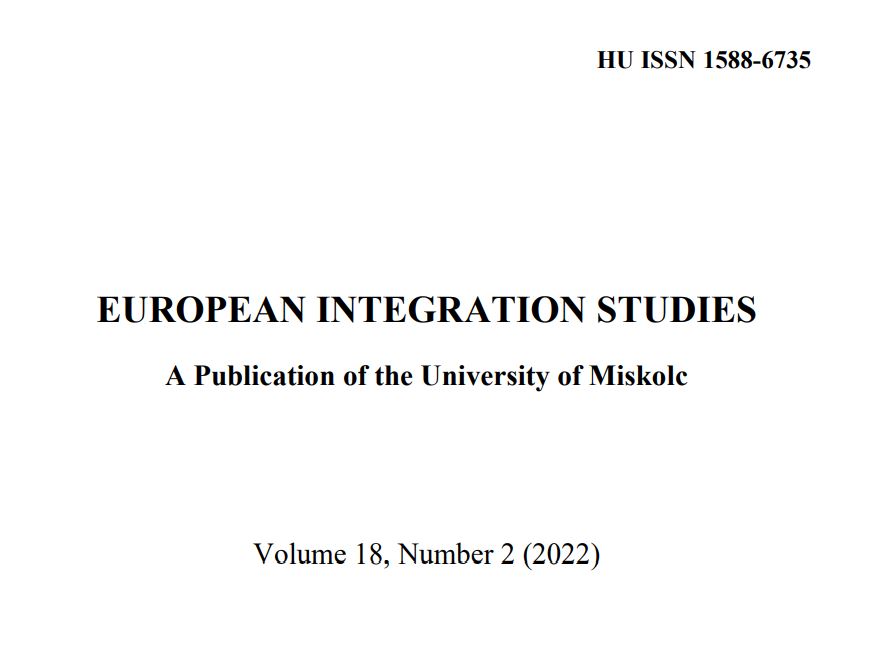Voluntary errors as causes of challenge in the employment relationship
DOI:
https://doi.org/10.46941/2022.e2.17-23Schlagworte:
labour law and civil law statement, divergent regulation, avoidance, subjective and objective time limit, consumer, consumer contract, contract form, collective actionAbstract
The study covers two main topics. The first part of the study deals with the avoidance of the statement on commitment relating to relating to employment. Thus, the Hungarian Labour Code, in contrast to the provisions of the Hungarian Civil Code, assures a quite short period for the avoidance of the statement, in case of coercion, threat, mistake or mislead. In the opinion of the author, this special, shorter period is not justified. In the second part of the study, the author proposes to handle employment-related legal acts similarly to consumer contracts, since labour contracts are mostly concluded by using contract form. Moreover, the author suggests extending the application of collective action (actio popularis) to these labour contracts.
Literaturhinweise
REFERENCES
Kártyás G. (2014). A munkavállaló beleegyezése – nem tesz mindent jogszerűvé! (2014. november 5.) Available at: https://ado.hu/munkaugyek/a-munkavallalo-beleegyezese-nem-tesz-mindent-jogszeruve/. (Accessed 5 October 2022).
Prugberger T. (2002). A kiszolgáltatottabb fél védelmének kérdése az új magyar Polgári Törvénykönyv Koncepciójának kötelmi jogi részében. Polgári Jogi Kodifikáció, Vol. 4, No. 3, pp. 36–41.
Prugberger T. (2021). Az akarati hiba miatti jognyilatkozat és az általános szerződési feltétel, valamint az annak alapján kötött munkaszerződés megtámadását érintő munkajogi szabályozás problémája. Miskolci Jogi Szemle, Vol. 16, No. 3, (No. 2. special issue), pp. 136–144. https://doi.org/10.32980/MJSz.2021.3.1024
Trenyisán M. (2017). Jogértelmezési kérdések a munkáltatói kárfelelősség köréből. Magyar Munkajog (E-periodica), Vol. 2017, No. 1. Available at: https://hllj.hu/letolt/2017_1/M_04_Trenyisan_hllj_uj_2017_1.pdf (Accessed 5 October 2022).





